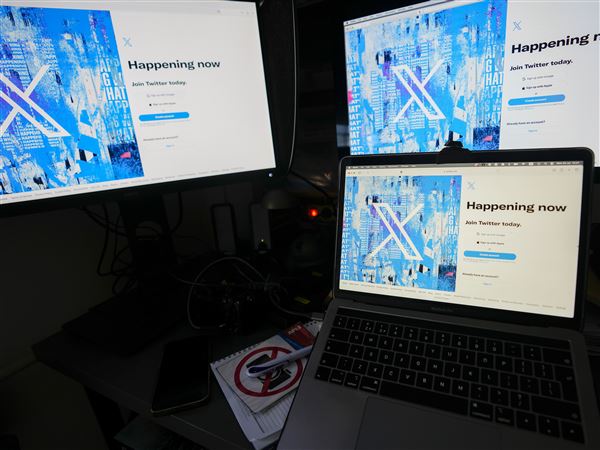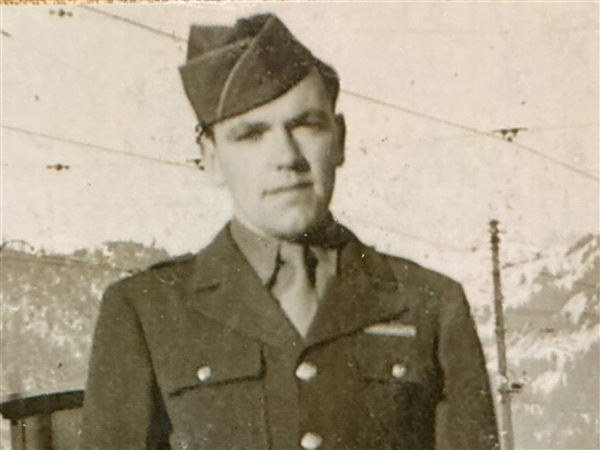Instead of sleeping in or lounging by the pool, nine academically talented students from economically disadvantaged backgrounds are taking part in real scientific research this summer through Duquesne University’s Project SEED.
Jennifer Aitken, associate professor in chemistry and biochemistry, said the students assist professors and graduate students with their research programs or help develop laboratories for use in the college’s courses.
“The students are assigned a mentor and they work in a research lab every day. They are totally immersed in the research world,” she said.
Ms. Aitken brought the program to Duquesne when she was hired by the university 12 years ago. The project is part of a national program developed by the American Chemical Society created to expose the students to careers and opportunities in science, technology, engineering and math, or STEM. The eight-week program began June 15 and will run until Aug. 7. Students participate eight hours a day, Monday through Friday.
The students receive a stipend, but according to Ms. Aitken, the main reason they are there is for the experience.
“A lot of them need a confidence boost — to see that they can really do this research and be exposed to other young people that have gone to college. It is great for them to have this experience in a college environment,” she said.
Project SEED is a joint venture between the chemistry department of Duquesne’s Bayer School of Natural and Environmental Sciences and the American Chemical Society. The Society of Analytical Chemists, the Spectroscopy Society of Pittsburgh and the local chapter of the American Chemical Society of Pittsburgh help fund the program.
The students must meet income guidelines and have successfully passed at least high school chemistry and their sophomore year of high school to apply for the program. Each student must complete an application that includes an essay, transcripts and letters of recommendation to be considered.
“Once they finish their sophomore year, most students have the chemistry and that way, they may be able to come two years in a row,” Ms. Aitken said.
The students often work alone in a laboratory, conducting their research all day, according to Ms. Aitken. The titles of some of the projects this year are: Self-Assembled Monolayers on Nickel; Synthesis of Molybdenum-based Starting Materials for Use in Molybdenum-Dithiolene Complex Formation; and Enzyme Kinetics in a Crowded Molecular Environment.
“These are experiences these students wouldn’t otherwise have. Very few high school students have this opportunity,” she said.
The students also take a tour of the campus and meet with college staff and administration. In addition, they are required to blog about their experiences and discuss various topics and tasks assigned to them.
“For example, we have them interview one of their professors to see what their career path was like. They may find out that not everyone had parents who went to college or knew what they wanted to do. We also have them research three colleges,” Ms. Aitken said.
Angel Williamson-Wheat, 17, just finished her junior year at Taylor Allderdice High School and wants to be a forensic scientist.
“To have real life experience in a lab is such a great opportunity and it’s been really fun,” she said.
Angel wants to major in chemistry and has been able to work on equipment typical to what she would find at a college or university.
“I’m studying gunshot residue transfer, which is really cool,” she said.
Other students selected to participate this summer are Amadou Diallo and Jeremiah Jones of Taylor Allderdice; Sarine McKenzie of Carrick High School; Stephen Lau of Chartiers Valley High School; Cheyeanne Perez of McKeesport Area High School; Nadejda Kodjo and Jordan Pestok of Sto-Rox High School; and Amber Latona of West Mifflin Area High School.
At the end of the program, the students will share their results with poster presentations July 31 at Duquesne’s Summer Undergraduate Research Symposium.
“Our students are presenting alongside college students and they hold their own. You wouldn’t know which ones are still in high school and which are college students,” Ms. Aitken said.
After 12 years of hosting the program, Ms. Aitken said some former Project SEED students are now in successful careers.
“One is in his first year of graduate school in chemistry at Pitt, working on his Ph.D., and another is a pharmacist in Ohio. I know another young woman is working for one of the big chemical companies,” she said.
Professors and students who mentor receive no compensation or stipends, just the satisfaction of helping the students, which is enough for Ms. Aiken.
“The young man who is the pharmacist that I mentioned, he said that he was starting to get into trouble and if it wasn’t for this program, who knows where he would have ended up,” Ms. Aitken said.
Kathleen Ganster, freelance writer: suburbanliving@post-gazette.com.
First Published: July 3, 2015, 4:00 a.m.















